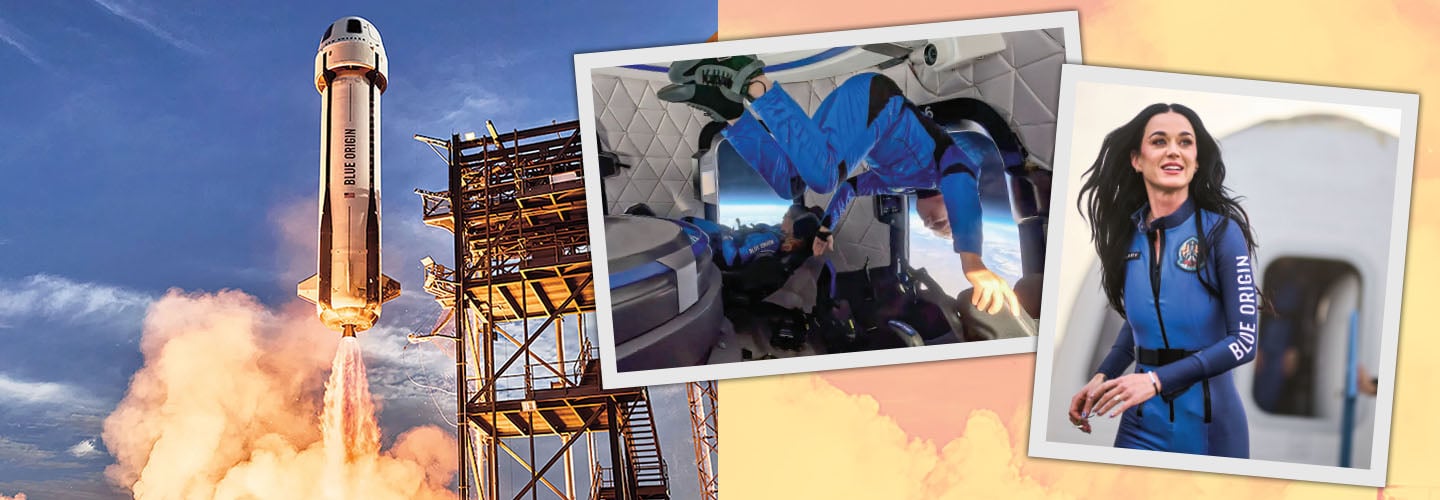Space tourism isn’t just a luxury for the rich. It’s an engine of progress that advances science, strengthens national security, and boosts the space economy.
Any use of space, including tourism, has a democratizing effect. When we spend money on space—whether it’s taxpayer dollars for science and exploration or private money spent on tourism—we’re creating jobs, knowledge, and innovations that benefit everyone.
Private companies such as SpaceX and Blue Origin have made access to space more frequent and reliable. Their more affordable, reusable rockets aren’t just taking tourists up for a thrill. They’re also launching satellites, scientific instruments, and military intelligence equipment. And as more private astronauts log hours in space, researchers gain more data about how humans respond to space travel. That’s vital for preparing future missions to the moon and Mars.
In fact, long-term space exploration will depend on these companies’ innovations, whether they’re ways of manufacturing equipment in space, repairing satellites, or building orbital stations. In the past, only governments worked on these things, requiring huge investments in time and money. Now tourism flights are helping to fund these projects.

